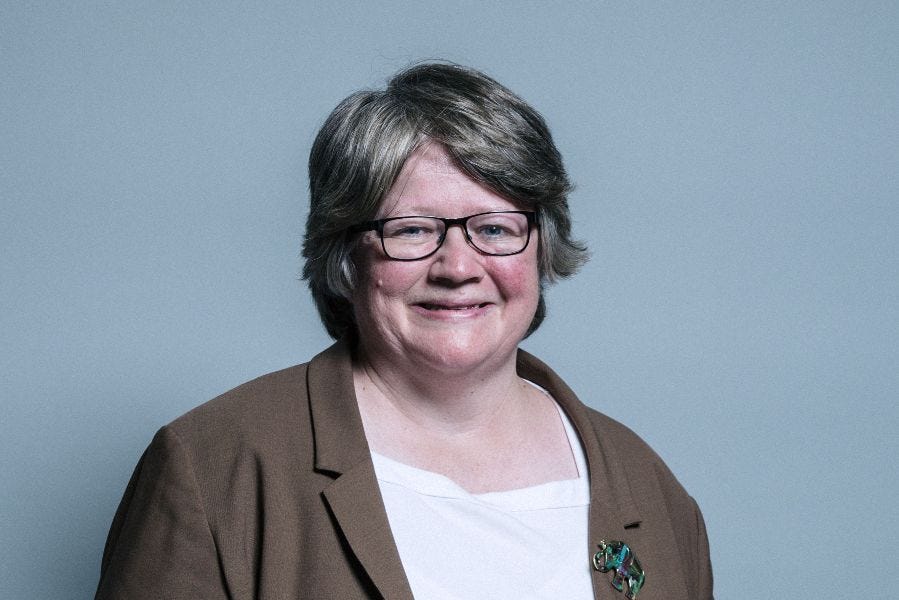New UK health secretary faces pressure over abortion stance
Thérèse Coffey, a Catholic, has voted consistently for pro-life positions

Britain’s new health secretary is facing pressure over her stance on abortion.
Thérèse Coffey, a practicing Catholic, was named the U.K.’s deputy prime minister and health secretary on Sept. 6 by incoming prime minister Liz Truss, the successor to Boris Johnson.
Coffey, who has voted against measures to expand abortion, told Sky News on Sept. 7 that she w…
